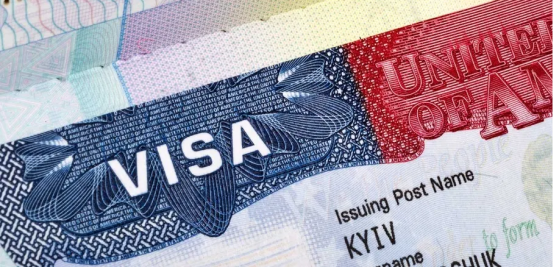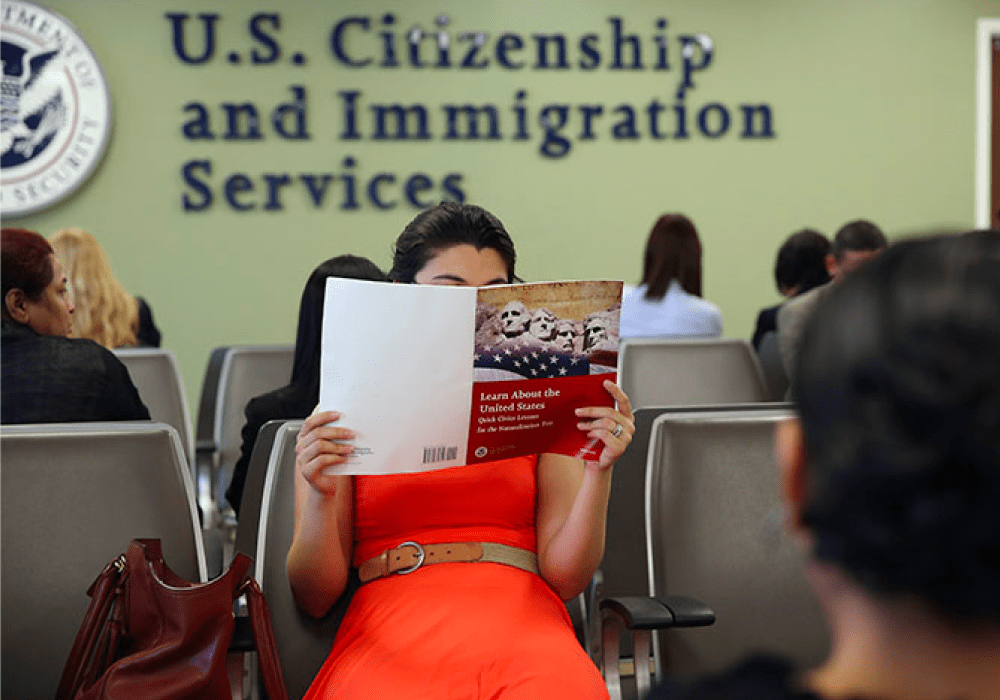We present some fundamental concepts about immigration in the United States with which it is necessary to be familiar.
Migration is the movement or displacement of people outside their place of origin or their usual place of residence, this can occur across borders, international borders or within the same country. In the United States, migration is one of the most complex issues, since it involves various social, cultural, political and economic factors. The immigration system in the United States recovers terms used internationally, however, there are also very specific concepts for the American environment.
Here are some definitions of migration made by the International Organization for Migration (IOM) and public organizations in the United States:

Asylum: Granting by a State of protection in its territory to people who are outside their country of origin or habitual residence. Applies to people fleeing persecution or serious harm.
DACA: Consideration of Deferred Action for Childhood Arrivals or Deferred Action for Childhood Arrivals, is a policy that protects certain people who came to the United States as children and who meet certain criteria to obtain this protection for a period of two years, as well as an employment authorization.
Deportation or expulsion: Legal act attributable to the State by which a foreigner is compelled to leave the territory of that State.
Dreamers: Se le da el nombre de Dreamers a las personas que llegaron a Estados Unidos siendo menores, debido al Development, Relief, and Education for Alien Minors Act o DREAM Act, una propuesta realizada en el Senado en el 2001, que hasta la fecha no ha sido aprobada.
This proposal sought to grant conditional residence and the right to work legally to this group of immigrants who entered the United States as minors, which would also offer them a path to obtain permanent residence.
Irregular entry: The crossing of borders in breach of the legal and administrative requirements necessary to enter a country.
Legal entry: Refers to the entry of a person into a country of which he or she does not have a nationality, but has the legal requirements to enter.
Documented migrant: Is a migrant who has authorization to enter and stay in a country in accordance with its laws. In addition, he has the documents to prove her regular status in the country.
Undocumented migrant or irregular migrant: Foreigner who enters or stays in a country without proper documentation.
Naturalization: Any form of acquisition, after birth, of a nationality that was not previously possessed and that requires the presentation of an application and an act of granting nationality by a public authority. In the United States, permanent residents have the option of obtaining US citizenship through naturalization. Also, it is possible for citizen family members/spouses to sponsor non-citizens to naturalize.
Refugees: Refugees belong to a humanitarian protection measure granted by a country to a person who wants to flee or fled from a conflict or persecution in their country of origin.
In the United States, the Citizenship and Immigration Service (USCIS) grants this protection to people who file an application and prove to be the object of persecution due to race, religion, nationality, political position, among others.
Residence Permanent: Right granted to foreigners to enjoy the right of permanent residence in the country of destination or to remain in a country unlimitedly or indefinitely.
Similarly, in the United States, in procedures before USCIS, it is possible to obtain permanent residence through sponsorship from an employer, a direct relative, through refugee and/or asylee status, or special immigrant (religious workers, minors of who have suffered abandonment or negligence on the part of their parents, media representatives, among others).



















